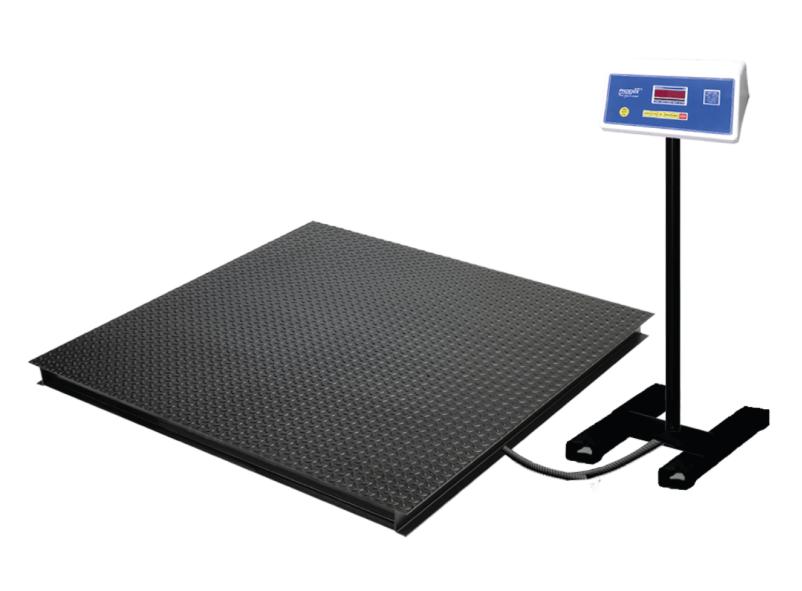Logistics is a fast-paced industry where accuracy and efficiency play a crucial role. Whether managing warehouse inventories, shipping products, or handling freight, precision is essential to ensure smooth operations.
Traditional weighing systems have long been a key component in logistics, but the emergence of smart industrial scales has taken efficiency and accuracy to the next level.
These advanced systems integrate cutting-edge technology, enabling businesses to streamline processes, reduce errors, and optimize operations.
Enhanced Accuracy and Real-Time Data
Unlike conventional systems, these scales use advanced sensors and automated calibration techniques to ensure precision. In logistics, even the slightest weight miscalculation can lead to overcharging, underutilization of transport capacity, or compliance issues.
By leveraging real-time data, smart scales eliminate errors, reducing costly mistakes and ensuring proper weight distribution for shipments.
Moreover, these scales seamlessly integrate with warehouse management systems (WMS) and transportation management systems (TMS). This integration allows real-time tracking of shipments, ensuring that weight-related information is instantly available for logistics managers.
Automation for Improved Workflow
Automation is a game-changer in modern logistics, and smart weighing systems contribute significantly to streamlined workflows. Traditional weighing methods require manual input, which increases the likelihood of human error and inefficiencies. Smart industrial scales automate the entire process, reducing reliance on manual interventions.
For instance, conveyor belt scales automatically weigh items as they move along the line, eliminating the need for separate weighing stations. This automation speeds up warehouse operations and ensures a smoother transition between different logistics stages.
Compliance and Regulatory Adherence
Logistics companies must comply with various weight regulations, especially in industries such as transportation, food distribution, and manufacturing. Smart scales ensure businesses stay compliant with industry standards by providing precise weight measurements and generating reports that meet regulatory requirements.
For example, in freight transportation, overloading can result in hefty fines and safety hazards. Smart weighing systems automatically notify operators if a shipment exceeds the allowed weight limit. This feature prevents legal complications, enhances safety, and maintains a company’s reputation for reliability.
Cost Efficiency and Resource Optimization
Optimizing logistics costs is a priority for businesses aiming to improve profitability. Smart scales play a vital role in cost reduction by ensuring accurate weight measurements, preventing overpayments for freight, and maximizing cargo space utilization. Companies can determine the exact weight of shipments, allowing them to choose the most cost-effective shipping options.
Additionally, smart scales help minimize waste by preventing discrepancies in packaging and material handling. Whether in e-commerce fulfillment centers or large-scale manufacturing units, accurate weighing ensures that only the necessary amount of resources is used, reducing overhead expenses.
Integration with IoT and Cloud-Based Systems
The Internet of Things (IoT) and cloud-based technologies have transformed logistics, and smart scales are no exception. These advanced scales can connect to cloud platforms, allowing remote monitoring and analytics. Logistics managers can access weight data from any location, ensuring visibility across multiple facilities.
IoT-enabled smart scales also facilitate predictive maintenance. By continuously monitoring performance metrics, these systems detect potential malfunctions before they occur, preventing costly downtime. This proactive approach to maintenance ensures uninterrupted operations and extends the lifespan of weighing equipment.
Conclusion
Smart industrial scales have transformed the logistics landscape, bringing unparalleled accuracy, automation, and cost efficiency. By integrating with digital systems, ensuring regulatory compliance, and optimizing resources, these advanced weighing solutions are setting new industry standards.
As technology continues to evolve, logistics companies that embrace smart scales will gain a competitive edge, enhancing their operational efficiency and sustainability.

